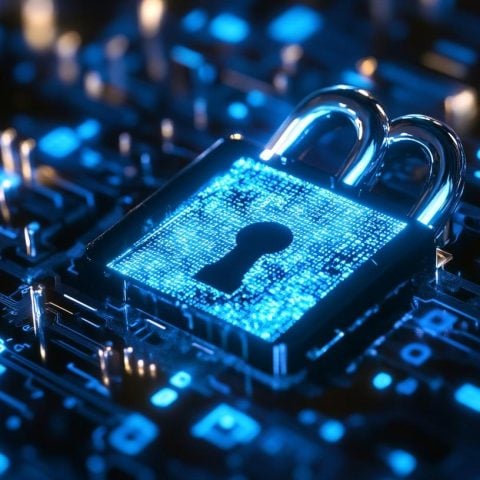In a significant development, a 25-year-old man has been apprehended for allegedly participating in the hijacking of the Securities and Exchange Commission’s X account. The incident involved misleading posts claiming the SEC had sanctioned Bitcoin exchange-traded funds (ETFs).
Eric Council Jr., based in Athens, Alabama, reportedly collaborated with accomplices to gain unauthorized access to the SEC’s online account. Once inside, he transferred control to his associates, who subsequently issued a fraudulent tweet that misled the public.
On January 9, the hacked SEC account falsely announced the approval of Bitcoin ETFs across all national securities exchanges. This misleading information caused an immediate surge in Bitcoin’s value by $1,000, igniting a wave of speculative trading. However, when the SEC promptly regained control, the post was removed, and the agency clarified that the announcement was untrue, leading Bitcoin’s price to plummet by $2,000.
Interestingly, the SEC ultimately approved the ETFs the following day, raising questions about market volatility driven by misinformation. According to reports from the FBI, Council received payment in Bitcoin for his role in this deceptive operation, highlighting the complexities of cybersecurity in the digital currency space.
As authorities continue to combat such online fraud, this incident underscores the need for stringent measures to protect financial institutions from cyber threats.
Cybersecurity Tips and Life Hacks: Protecting Yourself in the Digital Age
In today’s rapidly evolving digital landscape, staying informed about cybersecurity is more important than ever. The recent hijacking of the Securities and Exchange Commission’s X account serves as a potent reminder of the potential risks associated with online activities. Here are several tips, life hacks, and interesting facts to help you navigate the digital world more safely and intelligently.
1. Strengthen Your Passwords
Using strong, unique passwords for each of your online accounts is crucial. A combination of uppercase and lowercase letters, numbers, and special characters can create a robust password. Consider using a password manager to track your passwords securely.
2. Enable Two-Factor Authentication (2FA)
Whenever possible, opt for two-factor authentication. This adds an additional layer of security by requiring a second form of verification, such as a text message or an authentication app, making it more difficult for unauthorized users to access your accounts.
3. Stay Informed About Phishing Scams
Phishing scams often use fake emails or misleading messages to trick individuals into revealing personal information. Always verify the source of any communication that asks for sensitive data, especially concerning financial transactions.
4. Regularly Update Software and Devices
Keep your operating systems, applications, and devices up to date. Software updates often include security patches that protect against recent threats. Schedule regular updates to ensure your devices are secure.
5. Utilize Virtual Private Networks (VPNs)
A VPN encrypts your internet connection, making it more difficult for hackers to intercept your data. Especially when using public Wi-Fi, a VPN can provide an essential layer of security.
6. Educate Yourself on Market Dynamics
Understanding the financial market’s response to news can help you make informed decisions. The recent spike and subsequent plummet in Bitcoin’s value following the SEC incident illustrate how misinformation can affect markets. Engaging with reliable financial news sources can enhance your awareness.
7. Beware of Quick Financial Gains
The urge to capitalize on sudden market movements can lead to poor investment decisions. Research thoroughly and evaluate risks before investing in volatile markets such as cryptocurrencies.
Interesting Fact: Contrary to common belief, most cyberattacks do not occur due to advanced hacking techniques but rather through human error or oversight. Staying vigilant and informed is your best defense against these prevalent threats.
As the digital world continues to expand, being proactive in your cybersecurity strategy is vital. If you want to learn more about securing your digital presence and navigating cryptocurrency investments, visit Investopedia for comprehensive resources and expert advice on financial literacy and security.

















